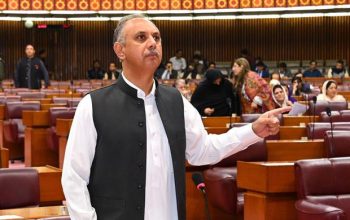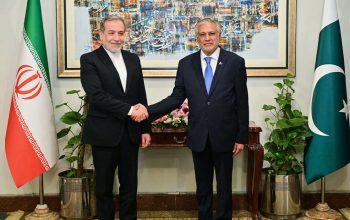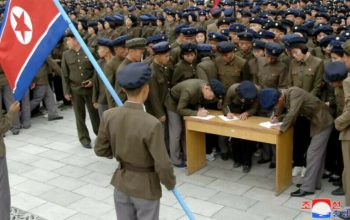Every year, in the fall semester, I get a wonderful opportunity to speak to undergraduate students at my university who are enrolled in a course that focuses on writing for a general audience. Usually there are several dozen undergraduates in this course who read a variety of opinions and columns and do assignments that focus on writing for a broad audience. The format of the class that I get to take part in is like a panel. There are three professors, from different disciplines, who talk about how they started writing for the broader public, what are their strategies, what are the challenges and any advice they may have for the students. The questions from the students are frank and very thoughtful. They are interested in ethical challenges faced by the faculty who write in the newspapers, the risks of engaging general public and the time commitment needed to make it all work. I have been coming to this class for several years now, and am joined by colleagues from other parts of campus and sometimes other universities. I have learned so much from the students and my colleagues.
This year, I had the opportunity again recently, when I was joined by two colleagues, one of whom is a professor in the economics department and the other one a historian. Both have written op-eds in newspapers and other pieces for the public. Responding to one of the questions from a student, my history colleague, who has written for The Washington Post, remarked that at the Post there is a firewall between news and opinions. The two parts of the newspaper work completely independently and there are clear boundaries between the two.
The comment made me think about how we have started to completely blur the lines between news, analysis and opinion in Pakistan. We see an anchorperson leading a talk show on one channel, later on the same person is breaking the news in another show and the next morning the same person may even have an op-ed column in the newspaper as well. This is particularly true in several Urdu newspapers, but English papers are not entirely immune from it either. If this was not enough, more recently, the same journalist-anchorperson-analyst-opinion columnist persons have started their own YouTube channels and vlogs, where they break what they call “exclusive news”, share it on social media, analyse it in their prime time programmes (or in other programmes), and then also write about it in the newspaper within a day or so.
The consequence of the breakdown of these lines is real and serious. Beyond having a highly questionable ethical basis for this, it makes it awfully hard (if not impossible) for the viewer and reader to know what is news and what is an opinion. That distinction is important, and even more so in a highly polarised society.
Second, and perhaps more seriously, this blurring of lines compromises not just the objectivity of information, it also fuels misinformation. With the dissolution of clear boundaries, those who have information, or break the news, end up also shaping public opinion through their columns or talk shows where they appear as domain experts. In parallel, those who control the column space have the ability to present an opinion (usually their own) as facts. This harms the foundation of the right of the public to accurate information. In a society where science literacy is low and WhatsApp groups aplenty, we end up with journalists celebrating water cars, and analysts claiming exclusive news on bizarre theories about Covid origins and the harmful effects of vaccination. This monopolisation of information and analysis also undermines critical analysis that is necessary to question our long held views, preconceived notions or problematic ideas that we hold dear. Finally, this fuels a vicious cycle of control of all media space by the same people, who control the information, narrative, spin and analysis.
The consequence of the diffusion of roles is mistrust in information, refusal to hear opinions that may challenge our views, and hardening of stances. We end up erecting high barriers of ignorance and intolerance, whereas the real barriers are needed elsewhere.
Published in The Express Tribune, September 19th, 2023.
Like Opinion & Editorial on Facebook, follow @ETOpEd on Twitter to receive all updates on all our daily pieces.
Read the full story at the express tribune website.


